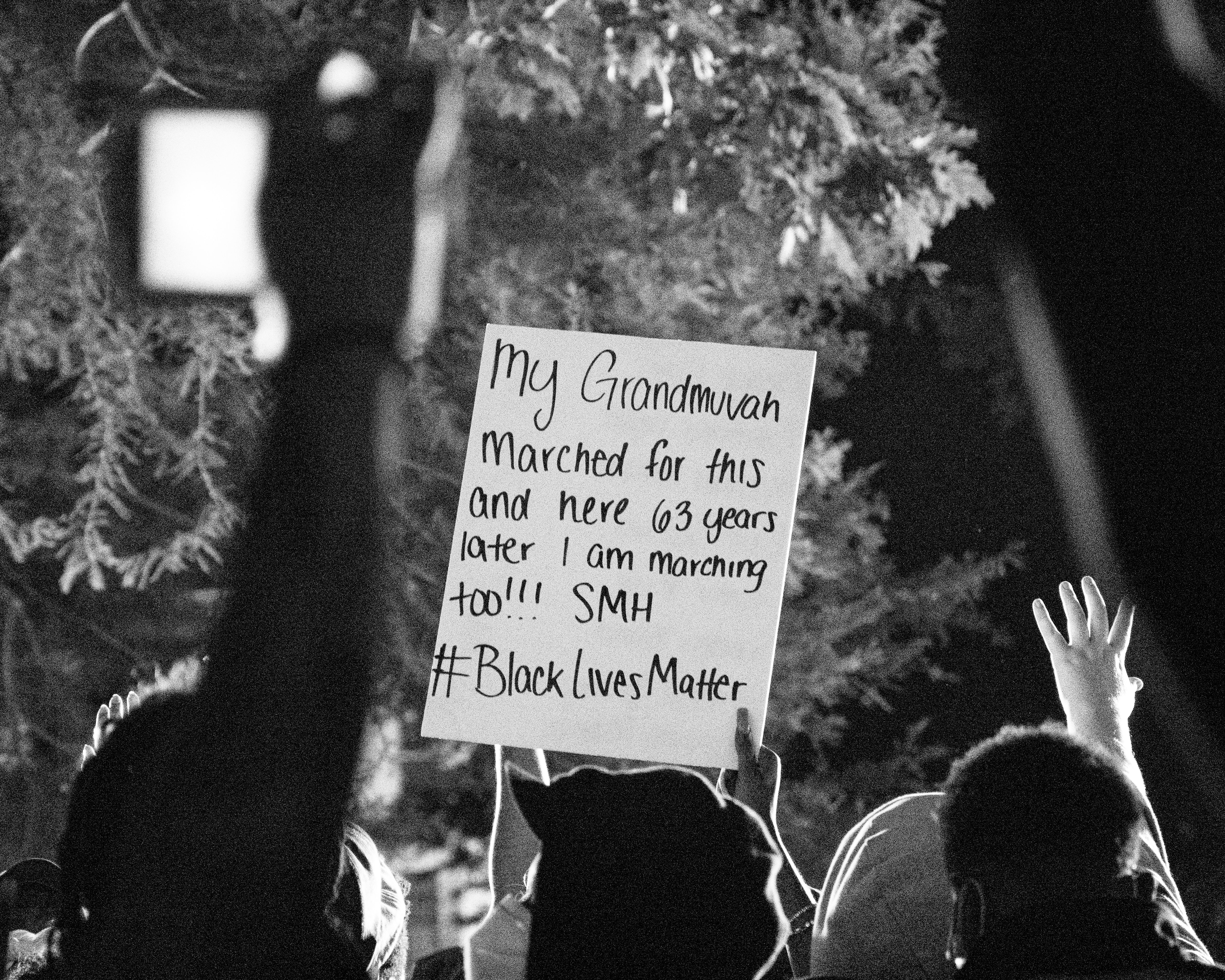Like many of you, I’ve spent the last few days toggling between grief and hope, as we’ve witnessed the events since George Floyd’s brutal killing.
And like many of you, I’ve been feeling a strong need to take responsibility for my role in creating a wiser, kinder, more compassionate world. The need is not new. What’s new is the urgency.
Because if there’s anything these past few weeks and months have taught us, it’s this: whoever we are and wherever we are, we’re intertwined, both in body and in soul. When one person is infected by a virus in a small town in China, millions across the globe fall ill and hundreds of thousands die. When a young black man is killed in racial violence, we all feel the anguish and pain regardless of the color of our skin.
It’s because his suffering touches on our human conscience and the two core values that underpin it: compassion and fairness. Carl Rogers, the most eminent humanistic psychologist of our time found that unconditional love and positive regard are two intractable needs of our psyche, without which we cannot develop a sense of belonging.
As children, we’re deeply connected with these values. But somewhere along the road to “growing up”, we start moving away from what makes us human. We reserve them for ourselves, and for the people we relate with. The “us”. Family, friends, community, nationality, people who agree with our religious or political beliefs.
That takes little effort. Our brains have evolved to classify the world as “us” and “them”, divisions that were helpful when we lived in tribes and spent almost all our lives within our own little community. I know that my grandfather would leave his little town for the big city only twice a year. His father never left his farm.
But now that we’re all a “we”, we have to intentionally extend our circles of “us”. It’s not just a nice-to-do, it’s a responsibility we’ve all been given. Respecting and relating to every human being as a sacred and valuable gift is our most essential work. Because as James Baldwin, American essayist and activist said in a 1970 conversation with visionary anthropologist Margaret Mead, “We’ve got to be as clear-headed about human beings as possible, because we are still each other’s only hope.”
For starters, we have to learn to sit with the pain we feel when we see suffering. That’s not our instinctive reaction. We’re wired to run away from pain and run toward pleasure. Some of us share a couple of online posts when an issue is in the headlines, and feel we’ve done our part. Others get cynical and blame “others”, or avoid thinking about it and distract themselves in a world that has no shortage of distractions. Or become so engulfed in despair over the state of affairs that they accept being a passive consumer, a dandelion in the wind.
But here’s the thing. We’re not dandelions in the wind. We’re active agents, each with a conscience. Each responsible for creating a better world.
Sitting with the pain becomes easier when you have compassion for yourself, because you’re suffering too, especially if it also brings up other unresolved pains. For me, reflecting on the suffering of the black community, or the pain of the families who have lost loved ones to racial injustice, reminds me of the pain I’ve witnessed in other minority communities around the world. And with it, the guilt of not having done more because of lack of knowledge or courage.
But here’s the beauty of self-compassion. It allows us to distance ourselves from shame, blame or self-righteousness, and think clearly of what we can do now, as well as when the issue is not breaking news.
You may want to reflect on all the ways you’ve unconsciously shown the lack of caring that eats away at the moral fabric of society. What will you do differently? It could be the example you set your children, the posts you write or share on social media, or the causes you belong to and speak up for. It could be the policies you set in the hiring process at your firm, the effort you put into knowing diverse colleagues you don’t socialize with, or the culture change initiatives you decide to initiate.
I know the enormity of the task before us can feel daunting. It can make us feel that our efforts won’t even chip away at it. I’ve been there. But I take guidance from the wisdom of writers and activists and philosophers through history. Our task is not to change the whole world all at once. It’s simply to plant the seeds that will bear fruit even if we don’t live to see them. Previous generations did it for us. We do it for future generations.
But we also do it for ourselves. Our individual and collective lives are bound by our conscience. And the farther we extend human values toward those whose shoes we’ve never walked in, the more human we become. The more fulfilled we feel.
Like me, you may want to think of yourself like a drop in the vast ocean. Strengthen your own sense of self so the ripples you create reach far. Who are the people in your inner ripples, the people you likely already relate with? Who are the people in the more distant ripples, the ones for whom you haven’t displayed, or consciously held back your care and compassion?
As Nelson Mandela once said: “No one is born hating another person because of the color of his skin, or his background, or his religion. People must learn to hate, and if they can learn to hate, they can be taught to love, for love comes more naturally to the human heart than its opposite.”
And love will make our world go around.


